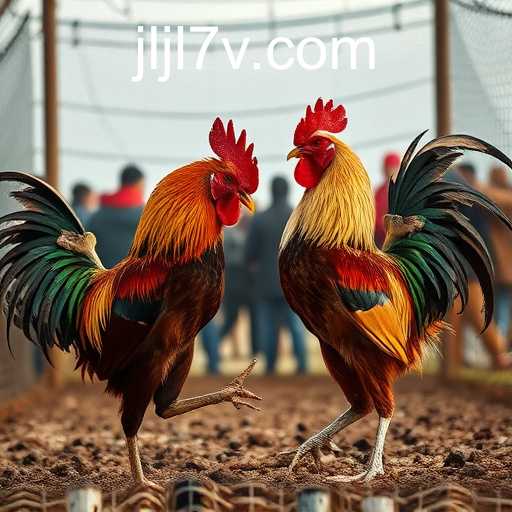Cockfighting: Tradition or Cruelty?
Cockfighting is a blood sport with a long history, deeply embedded in various cultures around the world. Despite its controversial nature, this practice continues to be a subject of debate between preservation of cultural heritage and calls for animal rights. This article delves into the complexities of cockfighting, examining its cultural significance, ethical implications, and the ongoing battle between tradition and modernity.lago777
Historical Context of Cockfighting
Cockfighting dates back to ancient times, with evidence pointing to its origins in Southeast Asia and India. Over centuries, the practice spread across continents, deeply rooting itself in the social and cultural tapestry of regions from the Philippines to Latin America and parts of Europe. Historically, cockfighting was not merely a sport but a ritual intertwined with religious and social customs.
In many societies, cockfighting has served as a symbol of status and bravery. The males of the species, known as cocks, are often chosen for their fierce behavior and are celebrated as warriors in the arena. This has elevated the sport to a level of cultural and sometimes spiritual significance that transcends mere entertainment.
The Mechanics of Cockfighting
A traditional cockfight involves two roosters placed in a ring or cockpit, where they are encouraged to fight until submission or death. The birds are equipped with metal spurs, known as gaffs or tjokkat, which amplify their natural weapons. Betting is a central aspect of the event, drawing large crowds and significant sums of money.Luubet
The preparation of birds for fights is rigorous and includes specific training regimens, diets, and even the ritualistic application of substances believed to bolster the birds' aggression and resilience. While some view these methods as a testament to human ingenuity and the challenges of breeding, others decry them as cruel and unethical.
Cultural Significance and Resistance to Prohibition
Supporters of cockfighting often cite its cultural significance, arguing that the sport is an integral part of their heritage and identity. In the Philippines, for instance, cockfighting is tied to major festivities and social gatherings. Similar sentiments are echoed in parts of Latin America and Spain, where despite crackdowns, the sport persists in clandestine venues.jijl7
Efforts to ban cockfighting have been met with staunch opposition. Proponents argue that such measures disregard cultural traditions and impose a one-dimensional view of morality. In regions where cockfighting is a cultural mainstay, laws prohibiting it are seen as an attack on local customs and autonomy.
Ethical Considerations
While it is undeniably steeped in cultural tradition, cockfighting faces severe criticism from animal rights advocates. The ethical argument against cockfighting centers on the suffering inflicted on the animals. Critics highlight the pain, fear, and injury endured by the birds as a form of animal cruelty that should not be condoned.
Organizations and activists opposing cockfighting strive to promote awareness about animal rights, arguing that culture should not be a shield against ethical responsibility. These groups emphasize that moral progress requires societies to evolve and abandon practices that inflict harm and suffering on animals.gcash777
Legal Landscape and Enforcement Challenges
The legal status of cockfighting varies widely across the globe. In countries like the United States, cockfighting is illegal and punishable by law, yet enforcement poses a significant challenge. Despite legal prohibitions, underground cockfighting rings continue to operate, driven by high financial stakes and cultural ties.
In contrast, nations where cockfighting is legal or tolerated often regulate the sport to various extents. Regulations might include licensing, monitoring, and limitations on betting to prevent criminal activity. However, the struggle to balance cultural respect and legal imperatives remains contentious.jljl7
Conclusion: The Future of Cockfighting
The debate over cockfighting is emblematic of larger conflicts between tradition and modernity, cultural heritage, and ethical progress. As global consciousness around animal rights grows, so too does pressure to reevaluate practices like cockfighting. The challenge lies in navigating these tensions in ways that respect cultural identity while advancing ethical standards.
In this nuanced climate, the future of cockfighting remains uncertain. Conversations around this issue are crucial for understanding how societies can evolve in compassionate and culturally aware ways. The question remains: can cockfighting coexist with modern ethical frameworks, or will it become a relic of the past in the quest for a more humane world?








